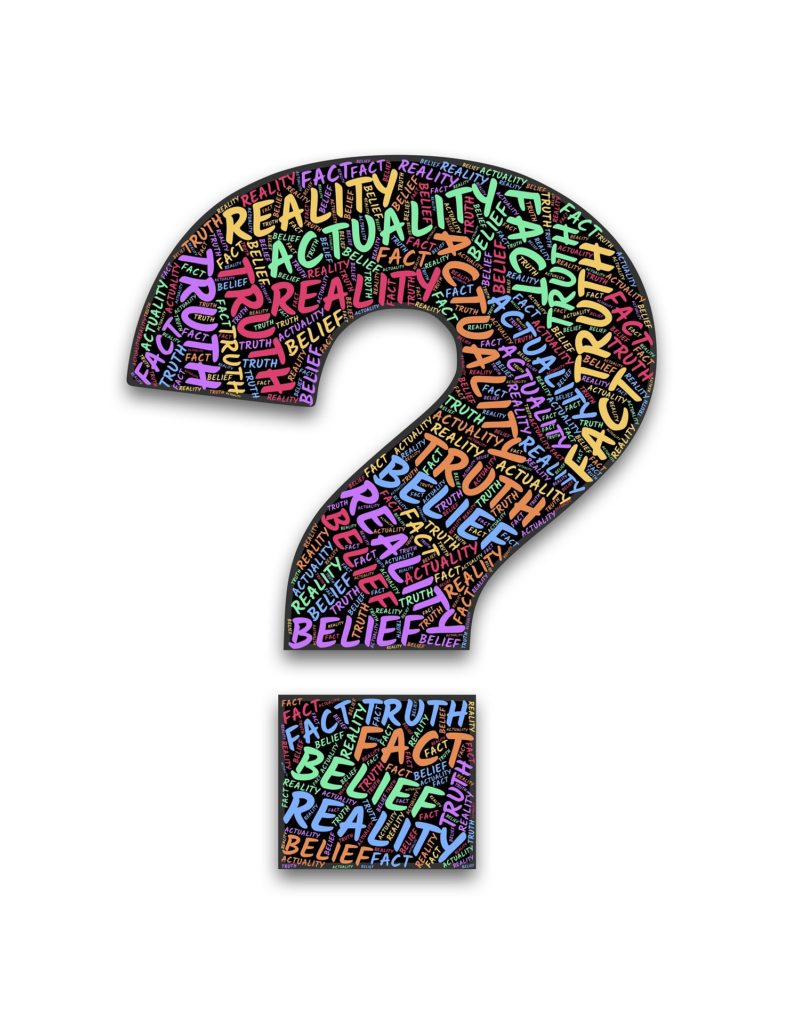
As we enter a new decade, I implore PR to do its part in protecting the journalistic info supply chain.
Be truth-tellers. Be great fact-checkers.
Now wait a second, I can hear you protest. That is not our job. We are paid to put the best possible spin on our news. To help the team win. And truth, what is truth, really? Of course, we don’t lie!!! (Did I see a wink?)
In this post I explain not only why it is so important to be great fact-checkers; for our clients, employers, journalists, and their readers; but why it is good business, too.
Facts lost, facts are never what they seem to be
There’s nothing there, no information left of any kindFacts are simple and facts are straight
Talking Heads’ Crosseyed and Painless, via Lyric Genius
Facts are lazy and facts are lame
Facts don’t come with points of view
Facts don’t do what I want them to
Facts just twist the truth around
Facts are living turned inside out
Facts are getting the best of them
Facts are nothing on the face of men
2020, the moment (Decade) of Truth
What really set me off was an article in BuzzFeed decrying a “new breed of PR firm that spreads lies and disinformation.” After firing off an angry tweet, I got to thinking (always a bad sign); and reflected on a post I wrote over ten years ago: PR Moment of Truth (the title refers to a phrase from the customer service field). Then, it was social media that was forcing a reckoning for the profession, thrusting PR on a public stage and challenging us to find continued relevance.
In 2020 it is a different moment of truth, a different kind of reckoning. Here, “truth” has a double meaning – and some say no meaning.
We are living in a world in which it is all too easy to distort, weaponize info and use levers to manipulate people and algorithms. Shouldn’t PR be using the same sketchy tools and strategies, in fact, is it not our professional obligation to do so, to fight fire with fire – if that is what it takes to win?
These are some of the same kinds of ethical challenges we have faced before in an updated format. PR has always had to decide how far to push rhetoric, persuasion, and yes, hype.
But this is not just about ethics. The problem is bigger than PR and even journalism.
Today, the very notions of truth, science, and facts are under assault like never before. The growth of fake news, alternative facts, etc. make reality far too malleable.
Yet journalism can combat fake news. And PR should be a good cog in the reporting supply chain. (Those who question the influence of PR on news-making should read this, and this article from PR Week). Sure, there are fact-checkers on the publication side, but we can make their jobs easier.
PR, do your Job, Be a Fact Checker
So, in the information supply chain we call news making do your job, challenge claims, check facts.
It’s not just the right thing, it is good business. Here’s why:
- Reporters like it when you are straight with them, you jeopardize relationships when you feed them BS; especially if bad info finds its way into an article.
- Press releases with dodgy info can ding the brand
- You bolster your personal and agency brands as a credible source (and hopefully won’t wind up in a BuzzFeed article like the above).
- The client may not even know their claims are wrong; good ones will appreciate your diligence and candor in helping them tell accurate stories.
Most of all, we should all be doing our part to combat fake news and info.
Next up: A PR truth-telling how-to guide (and no, it is not the shortest book ever written!)


